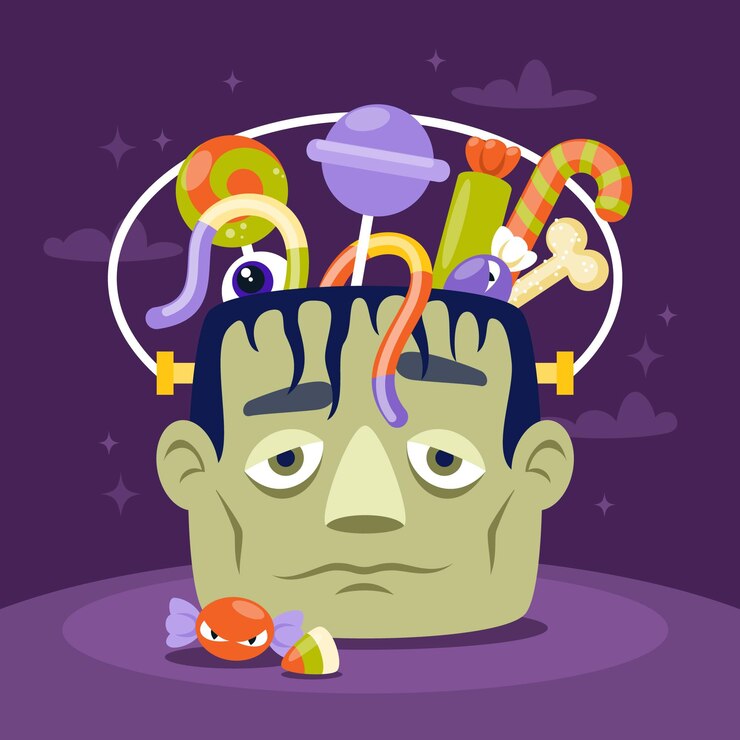
Decoding Schizophrenia: What You Need to Know
Schizophrenia is a complex mental disorder that affects how a person thinks, feels, and behaves. It’s often misunderstood, leading to misconceptions and stigma. In this simple guide, we’ll break down the basics of schizophrenia to help you understand this condition better.
What is Schizophrenia?
Schizophrenia is not a split personality or multiple personalities, as often portrayed in movies. Instead, it’s a chronic brain disorder that can cause a range of symptoms. These symptoms can vary widely among individuals but typically include:
- Hallucinations: Seeing, hearing, or feeling things that aren’t real. For example, hearing voices when no one is around.
- Delusions: Holding false beliefs despite evidence to the contrary. These beliefs can be paranoid (feeling like someone is out to get them) or grandiose (believing they have special powers or abilities).
- Disorganized thinking: Difficulty organizing thoughts or making sense of information. This can manifest in jumbled speech or trouble following a conversation.
- Negative symptoms: A lack of motivation, reduced emotional expression, and social withdrawal.
It’s important to note that schizophrenia is not a rare condition. It affects about 1% of the population worldwide and can occur in people from all walks of life.
Understanding the Causes
The exact cause of schizophrenia is still not fully understood. However, research suggests that a combination of genetic, environmental, and brain chemistry factors may contribute to its development. Factors such as genetics, brain chemistry, and early exposure to certain viruses or malnutrition during pregnancy may increase the risk of developing schizophrenia. Additionally, stressful life events or drug use can trigger symptoms in those predisposed to the disorder.
Treatment and Support
While there is currently no cure for schizophrenia, treatment can help manage symptoms and improve quality of life. Medications, such as antipsychotic drugs, are often prescribed to reduce symptoms like hallucinations and delusions. Therapy, including cognitive-behavioral therapy (CBT) and supportive therapy, can also be beneficial in helping individuals cope with their symptoms and improve functioning.
Support from family, friends, and mental health professionals is crucial for individuals living with schizophrenia. With the right support system and treatment plan in place, many people with schizophrenia can lead fulfilling and meaningful lives.
Ending the Stigma
Stigma surrounding schizophrenia can prevent individuals from seeking help and support. By educating ourselves and others about this condition, we can break down stereotypes and promote empathy and understanding. Let’s work together to create a world where everyone affected by schizophrenia feels accepted and supported.
To seek medical advice, always consult a Doctor. Here are our recommended experts. Click here
To read more on Neurology. Click Here


